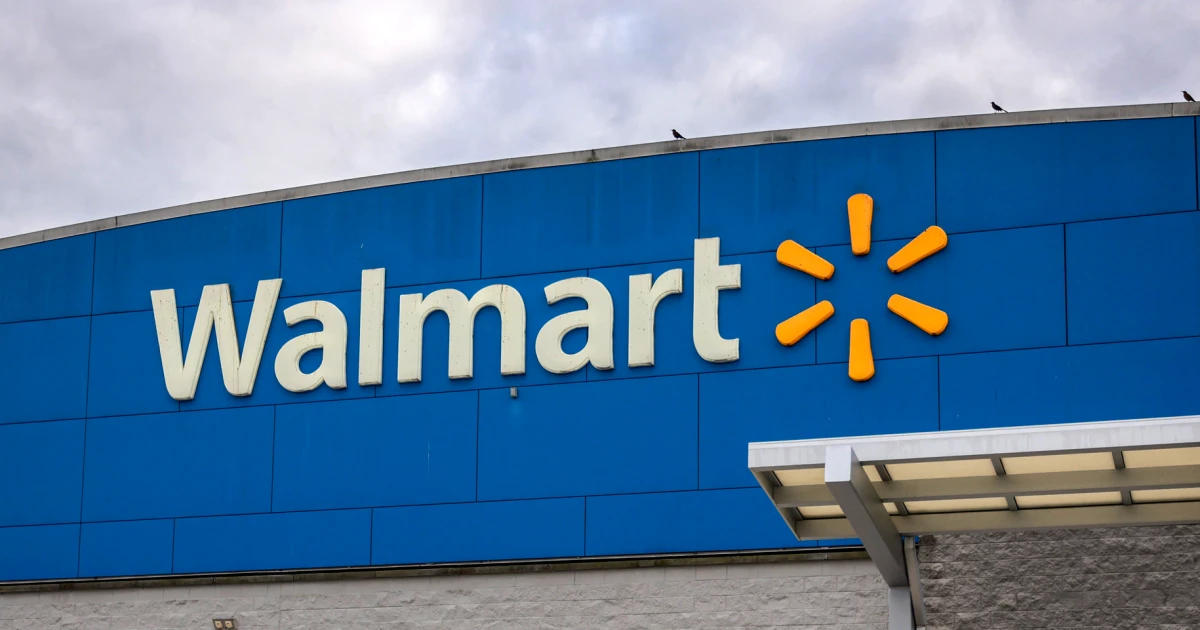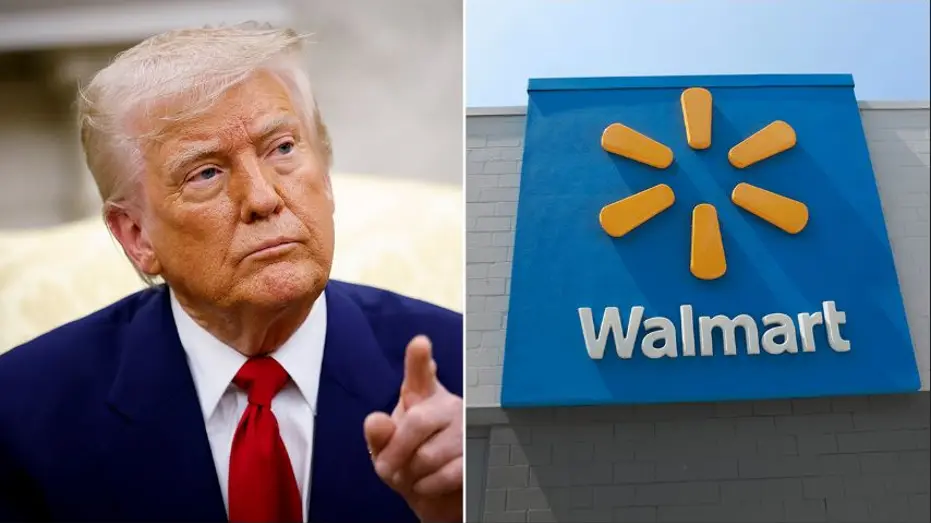The retail is experiencing unprecedented turbulence as Walmart, America’s largest retailer, grapples with the mounting financial pressure from President Trump’s aggressive tariff policies. Despite the company’s legendary reputation for maintaining rock-bottom prices, the retail giant has issued a stark warning that escalating trade war costs may force it to abandon its core low-price strategy.
In a move that sent shockwaves through the retail sector, Walmart announced during its first-quarter earnings report that it cannot absorb the full impact of Trump’s tariffs, which have reached alarming levels on Chinese goods and affected multiple trading partners. The company’s CEO, Doug McMillon, delivered a sobering message to investors, stating that “given the magnitude of the tariffs, even at the reduced levels announced this week, we aren’t able to absorb all the pressure given the reality of narrow retail margins.”
This development represents a significant shift for a company that has built its empire on the promise of “Always Low Prices.” With over 4,600 locations across the United States and approximately 255 million customers shopping at Walmart stores and online each week, any pricing changes at the retail behemoth will have far-reaching implications for American consumers. The company’s decision to withhold second-quarter profit guidance underscores the uncertainty surrounding the trade war’s impact on business operations.
The timing of Walmart’s warning is particularly significant as it comes amid a strong first-quarter performance, with comparable sales in the U.S. increasing by 4.5%, surpassing analyst expectations of 3.94%. However, this sales success has been overshadowed by declining profits, with first-quarter earnings dropping to $4.45 billion compared to $5.10 billion in the same period last year.
Financial Performance Amid Trade War Pressures
Walmart’s first-quarter results paint a complex picture of resilience and vulnerability. While the company reported adjusted earnings per share of 61 cents, exceeding analyst expectations of 58 cents, profits declined significantly year-over-year. Revenue increased by 2.5% to $165.61 billion, though it fell slightly short of Wall Street projections.

The company’s stock price reflected investor concerns, dropping 2.3% in early trading following the earnings announcement and the decision to withhold second-quarter profit guidance. This market reaction highlights the broader uncertainty surrounding how tariff policies will impact retail operations and consumer spending patterns.
Product Categories Facing Price Increases
Walmart executives have identified specific product categories that will likely experience price increases as tariff costs mount. Chief Financial Officer John David Rainey warned that consumers could expect to see higher prices by late May, with “much more” significant increases anticipated in June.
The products most vulnerable to price hikes include groceries such as bananas, avocados, and coffee, which are sourced from countries like Colombia, Peru, and Costa Rica that face new tariffs. Additionally, general merchandise items, including strollers, car seats, toys, school supplies, and home goods, are expected to carry higher price tags.
Electronics represent another category under pressure, given China’s dominant role in electronic goods importation and the elevated tariffs on Chinese products. Despite Trump’s recent decision to reduce tariff rates on most Chinese products to 30%, the impact remains substantial for retailers with thin profit margins.
Trump’s Response and Political Tensions
The situation escalated when President Trump directly confronted Walmart’s pricing strategy through a Truth Social post, instructing the retailer to “EAT THE TARIFFS” and emphasizing that customers should not face additional charges. This public rebuke highlights the political tensions surrounding tariff implementation and corporate responses to trade policy.
Trump’s directive puts Walmart in a difficult position, caught between maintaining profitability and responding to presidential pressure. The company has maintained its stance that it will “do our best to keep our prices as low as possible” while acknowledging the mathematical reality of absorbing tariff costs with narrow retail margins.

